- Author Matthew Elmers elmers@military-review.com.
- Public 2023-12-16 21:49.
- Last modified 2025-01-24 09:17.
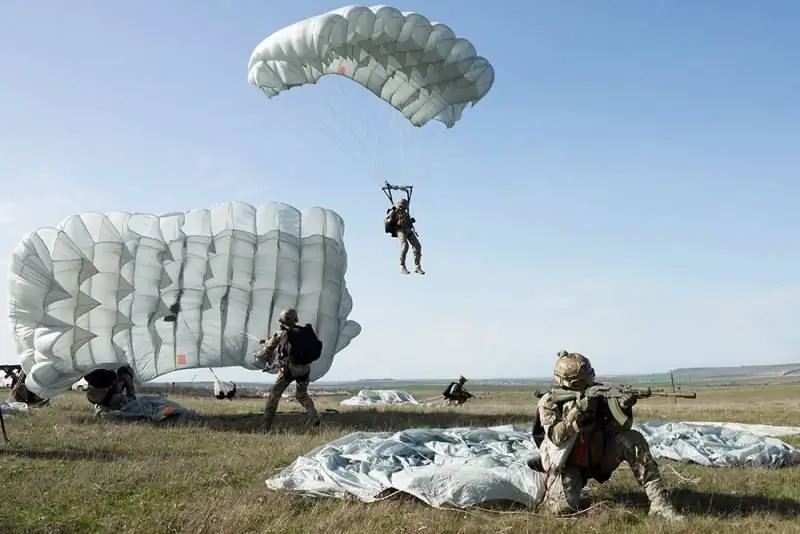
Exactly 40 years ago, on August 19, 1981, the Vympel group was created as part of the "C" department of the First Main Directorate of the KGB of the USSR. Initially, this special forces unit was created to conduct operations outside the Soviet Union. Modern events that have been taking place in Afghanistan over the past few days take us back to the time of the formation of the famous special forces.
Special unit of special importance
On December 31, 1979, the assault on Amin's palace actually launched the process of creating special personnel units within the KGB of the USSR, which were intended to perform tasks of particular importance. The overthrow of the government of Hafizullah Amin in Afghanistan clearly showed how important and effective such units can be. The personnel special unit "Vympel" was formed on the basis of the soldiers of the special forces "Zenith" and "Cascade", which were actively used to conduct special operations on the territory of Afghanistan.
A closed resolution of the Central Committee of the CPSU and the Council of Ministers of the USSR on the formation of the Vympel subdivision was issued on July 25, 1981. Less than a month later, on August 19, 1981, a corresponding order was signed on the creation of the Vympel Special Forces Group of the KGB of the USSR. It was about a special unit of special importance. This fact was emphasized by the fact that orders to conduct operations with the participation of Vympel fighters could only be given by the chairman of the KGB of the USSR and only in writing.
Initially, the Vympel special forces group was formed to carry out operations outside the Soviet Union, to act in a period especially threatened for the country, including during a war. Already in Russia, the vector of the use of special forces has largely shifted to the fight against terrorism. Moreover, in the 1990s and early 2000s, the main field of action of the Vympel fighters was the territory of Russia and the fragments of the former Soviet empire.
But in 1981, the tasks of the special forces were different. By that time, the famous Group "A" (short for anti-terror) already existed in the KGB of the USSR, which was originally created to counter the terrorist threat inside the country. In turn, the tasks that Vympel had to solve extended far beyond the borders of the Soviet Union.
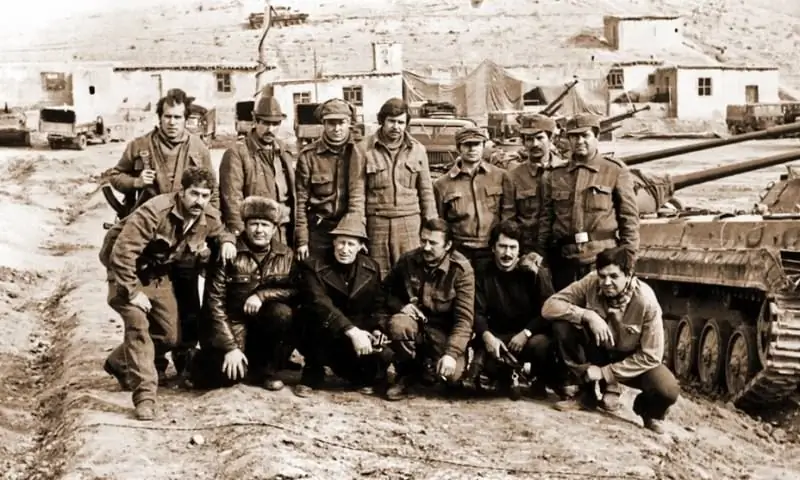
Officially, the new special unit was called the Separate Training Center (OTC) under the KGB of the USSR. To accommodate the center, a special object was allocated, which was located in the Moscow region in the city of Balashikha. The first commander of the Vympel special unit was Captain 1st Rank Evald Kozlov. For his actions in Afghanistan, in particular for the storming of Amin's palace, Kozlov was nominated for the title of Hero of the Soviet Union.
Since the "Vympel" was created as part of the "C" Department, which specialized in illegal intelligence, the main actions of the fighters were to be carried out outside the country. The soldiers of the special forces were supposed to sabotage strategic enemy targets, conduct reconnaissance operations in the deep rear, conduct intelligence work, and seize enemy ships. In addition, they were entrusted with the task of protecting Soviet institutions abroad and especially valuable personnel.
Also, special forces soldiers could be used to capture, release and deliver persons who had important information. The elimination of citizens who pose a threat to the state, including those on the territory of other countries. Engage in disorganization of the rear, sabotage and sabotage behind enemy lines, including at special purpose facilities.
Cadres are everything
One of the initiators of the creation of the Vympel group was Major General Yuri Ivanovich Drozdov, who at the end of the 1970s headed the Department "C" of the PGU of the KGB of the USSR. Having behind him the residency work, Drozdov paid great attention to the training of personnel. Drozdov worked in the GDR and was a participant in the exchange operation for the Soviet intelligence officer, illegal immigrant Rudolf Abel. In addition, he was a resident of the foreign intelligence of the KGB of the USSR in China and the United States. Also, Yuri Drozdov was one of the leaders of the storming of Amin's palace at the end of December 1979.
He was a versatile and well-trained specialist with experience in both residency work and field operations. Drozdov was fluent in German, visited many countries and understood what requirements should be imposed on the fighters of the elite special forces, which were to be used to solve the most delicate or difficult tasks.
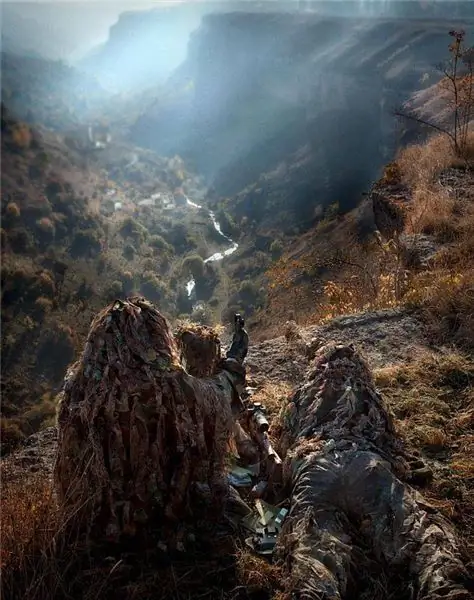
The Vympel group at that time was a unique special unit, whose fighters combined physical strength and good health with high mental abilities. Having already retired, Yuri Drozdov told Russian journalists that 90 percent of the elite special forces fighters spoke some foreign language, many had not even one, but several higher educations behind them.
The state did not spare money and resources for the training of fighters. According to Drozdov, the training of one special forces soldier cost the state 100 thousand rubles annually. In those days, this is a crazy amount. At the same time, the very process of preparing and honing skills took up to five years. For the training of the special forces, not only domestic, but also the best foreign specialists from among those available to the USSR were involved. At the same time, an individual training program was provided for each fighter.
To develop training programs, all the available experience of using special forces and saboteurs was initially analyzed, including during the Great Patriotic War and previous military conflicts. Also, the experience of combat training of army special forces and special forces of foreign armies was not disregarded.
Selection and requirements for Vympel fighters
The candidates for the new special unit had very high requirements for the level of health, physical fitness and psychological endurance. Only those candidates were admitted who, due to their health, could serve in the Airborne Forces. Of the interesting features, one can single out the fact that in the USSR, candidates for "Vympel" were tested on a polygraph.
It is clear that by definition there could not be random people in the special forces. Vympel fighters were KGB officers with operational experience, some of whom had already managed to prove themselves during various special operations. Many candidates had military experience behind them. At the same time, the selection was very strict, out of every 20 applicants, usually only one or two people were selected. And only after that the long process of training and education began.
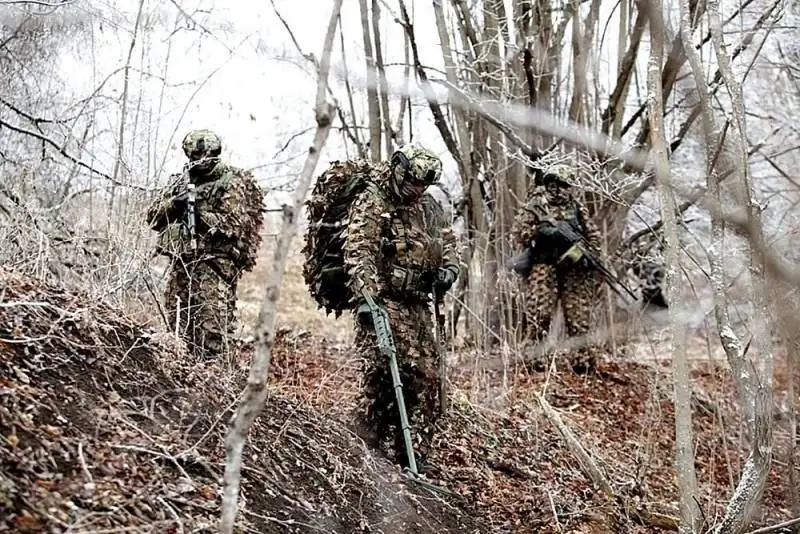
The training of the Vympel group fighters was as versatile as possible. In addition to general physical exercises, including endurance exercises, the fighters studied hand-to-hand combat and practiced shooting from all types of available weapons: from pistols to machine guns and grenade launchers. Vympel fighters studied and foreign models of weapons and equipment. Among other things, they were trained to drive any mode of transport available. Separately, with the fighters, work was carried out on parachute and diving training, mountaineering, explosive and medical work.
The fighters had to not only have physical strength and endurance, but also work well with their heads. Every day they were taught intelligence and analytical activities, studied counterintelligence work, and taught them how to handle different types of radio stations. Later, many Vympel fighters took an active part in the development of equipment and weapons for their unit, working in close contact with representatives of the Soviet defense industry.
Much attention was paid to psychological preparation and resilience. The set of psychological tests and tests used still commands respect. Vympel fighters underwent a whole range of the best personality and intellectual tests, both widely known and specialized. Among the tests stood out the Minnesota Multidimensional Personality Questionnaire, the Rorschach tests, the Cattell 16-factor personal questionnaire, the Raven and Wechsler tests, and other available studies.
The gained knowledge and experience were used by the "Vympel" fighters in many hot spots of the planet. But for a long time Afghanistan remained the main base for the combat training of special forces. In addition, the fighters received practical experience in Nicaragua, Vietnam and Cuba. As military advisers, the special forces also visited the African continent, in particular Angola and Mozambique. Later, the Vympel fighters traveled to all the hot spots of the former USSR: Baku, Yerevan, Nagorno-Karabakh, Abkhazia, Transnistria, Chechnya.
"Pennant" today
Currently, the legal successor of the famous special forces is Department "B" of the Special Forces Center of the FSB of Russia (Department "B" of the TsSN FSB of Russia). Like many years ago, Special Forces fighters are still the elite of Special Forces. At the same time, most of the information about the activities of the group and its operations, as before, is secret.
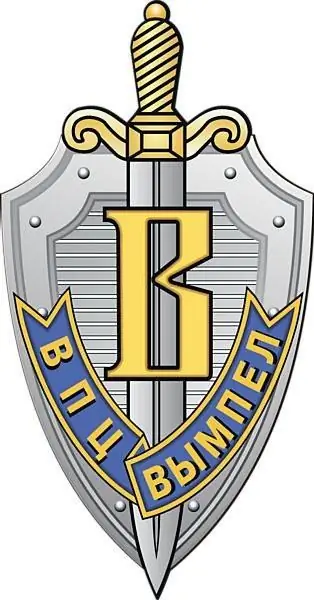
It can only be noted that in recent decades, the main focus of the special forces' work has become the fight against terrorism, including international, and the conduct of counter-terrorism operations. The special unit must suppress terrorist acts against Russian citizens, as well as Russian institutions, including those outside our country.
As before, the training of fighters is very versatile. Regardless of the main specialization, each of them works out skydiving. Also in recent years, mine and explosive training has been strengthened, including the development of skills in demining various explosive devices, both standard samples and homemade ones. The emphasis on mine explosives is dictated by the change in the nature of the conduct of hostilities in recent local conflicts and an increasing number of losses from this particular type of weapon.
In recent decades, the unit's fighters have participated in numerous special operations in the North Caucasus in Chechnya, Dagestan and Ingushetia. They are responsible for the operation to detain Salman Raduyev and eliminate the leader of the Chechen separatists, Aslan Maskhadov. Also, Vympel employees took part in the assault and the release of hostages in two of the most high-profile terrorist attacks in modern Russian history: in the theater center on Dubrovka in October 2002 and in September 2004 in Beslan.






